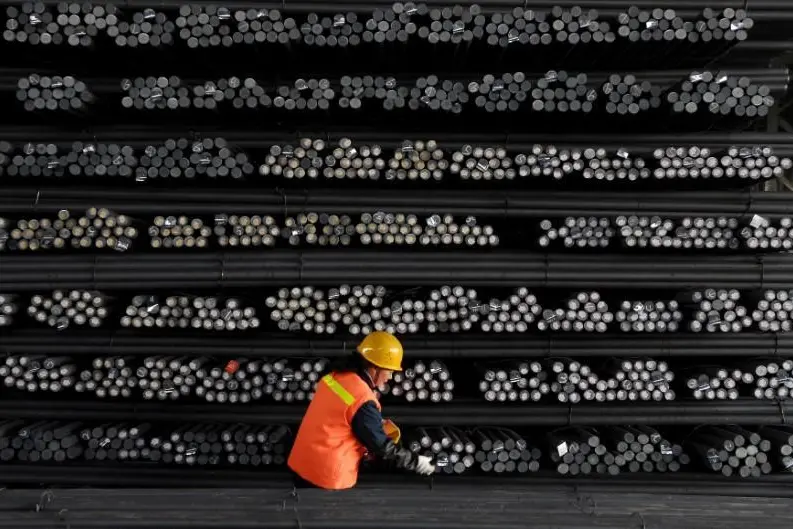PHOTO
LONDON - Tin prices rebounded on Thursday following a mining ban in the world's third largest tin miner Myanmar, but most other industrial metals drifted lower due to a firm dollar and worries about global demand.
Three-month tin surged as much as 3.8% on the London Metal Exchange during Asian trading and climbed 0.9% to $27,675 per metric ton in official open-outcry trading.
The most-traded September tin contract on the Shanghai Futures Exchange ended day-time trade 1.3% higher at 229,920 yuan ($31,963.52) per metric ton.
In April, Myanmar's ethnic minority Wa militia announced a ban on mining from Aug. 1 and the International Tin Association (ITA) confirmed on Wednesday that the ban had taken effect.
On Thursday, the ITA said the Myanmar ban was expected to dampen China's tin smelter output in the second half of 2023, but gave no figures.
Tin, which is the best performing LME metal so far this year with a gain of 12%, is unlikely to see further strong gains, said Citi analyst Tom Mulqueen.
"Tin is quite a significant source of revenue for the (Wa) local government. One can question how long they would want to have a full ban," he said.
"Tin demand is very weak and despite this ban in Myanmar, supply from South America and Indonesia has been robust in the second quarter."
Citi's three-month LME tin forecast is $25,000 a metric ton.
Weighing on other metals was a strong dollar, making it less attractive to buy the greenback-priced commodities.
LME aluminium slipped 0.7% to $2,193 a ton in official activity while zinc declined 0.9% to $2,461.
"We have had fairly subdued PMIs coming out of China with construction especially poor, which doesn't bode well for industrial metals," said Edward Gardner, commodities economist at Capital Economics.
"It's a difficult environment for industrial metals and we expect prices to tread water for the rest of the year."
LME copper added 0.1% to $8,516 per ton, lead was flat at $2,146.5 while nickel shed 0.7% to $21,400.
(Reporting by Eric Onstad; additional reporting by Siyi Liu and Polina Devitt; editing by Jason Neely and Mark Potter)





















